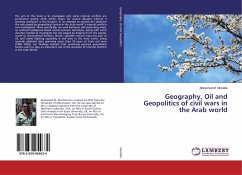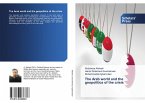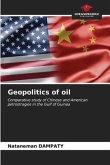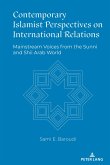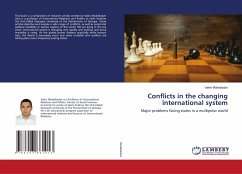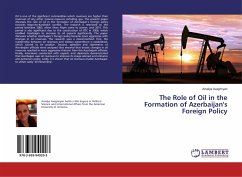The aim of this book is to investigate why some internal conflicts are terminated quickly while others linger for several decades without a looming resolution in the horizon. In an attempt to achieve this objective the role played by geopolitical factors in the Arab world s internal conflicts was investigated. More specifically, we used Kohonen self-organizing maps, an artificial intelligence-based neural network technique, along with event duration models to investigate the role played by distance from the capital, access to international borders, terrain, valuable natural resources such as oil, and rebels fighting capability in civil wars in the Arab world. Using recently validated data spanning more than 50 years of Arab civil wars (1948- 2003), our findings indicate that previously ignored geopolitical factors seem to play an important role in the duration of internal conflicts in the Arab World.

